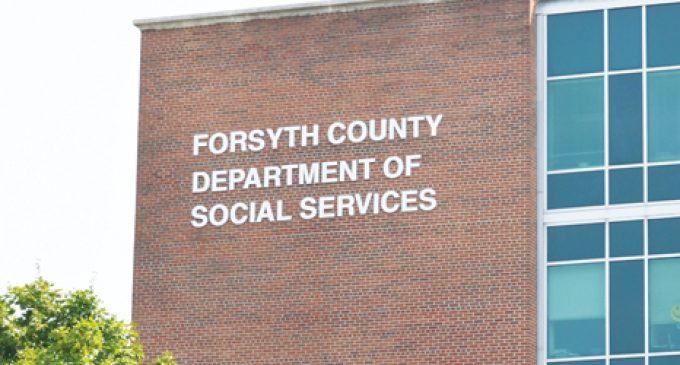Welfare drug testing worries officials

The head of the Forsyth County Department of Social Services said he doesn’t expect many local families to be affected by a bill that would require some public assistance applicants to submit to drug tests.
Gov. Pat McCrory had vetoed House Bill 392, calling it “unnecessary government intrusion,” but the Republican-controlled House and Senate overrode the veto last week.
Only those who apply to receive benefits through the federal Work First program (which provides both cash assistance and job training) would be impacted. Those suspected of drug-use will be required to take a drug test. Those who fail tests, will be required to seek treatment and wait a year to reapply for Work First. According to the Associated Press, the bill also allows social workers to screen applicants for outstanding warrants and, in some cases, ask applicants to be fingerprinted.
Many social services leaders across the state are expressing concern about the bill. Financing the law is a key concern. In fact, McCrory has now vowed not to implement the law until lawmakers find a way to pay for it.
While Forsyth DSS Director Joe Raymond said he doesn’t expect the law to have a significant impact on the roughly 100 Work First clients the department serves countywide, he says the law does nothing to address the department’s most pressing substance abuse issues — those connected to alcohol.
“In many ways, this legislation doesn’t have a dramatic impact,” he said. “…We have a long way to go to get state regulatory guidance on this bill.”
State Sen. Earline Parmon fought the bill from the beginning.
“I opposed it number one, because it will unduly place a responsibility on workers in the Department of Social Services to try to determine whether people are on drugs and they’re not professionals in that way,” said Parmon, adding that the bill was passed as the state opted to end funding for three drug treatment centers.
“If there’s concern about people’s addictions, then why would we close the very facilities that could provide treatment for these people?” she questioned. “It was just so many issues with it.”
State Rep. Evelyn Terry, a Democrat who chairs the Forsyth County DSS Board, said she initially spoke against the bill but ended up voting for it.
“The original language did not definitively prevent a local DSS worker from denying benefits to somebody,” she said. “…That’s why I spoke against it.”
A revision of the bill alleviated her concerns and earned her vote.
“When it came through with the markup, it was fixed. I said, ‘Okay, I’ll support it, as long as children and those persons who need benefits will not be adversely affected … because I don’t want criminals to walk away with benefits they shouldn’t have,” she explained. “It appeared to be amended to not adversely impact those people who needed and qualified for the benefit.”
After voting “aye,” Terry said she learned that the bill was not necessary because it addressed issues that were already covered under existing state and federal regulations.
Nancy Young, vice chair of the Forsyth County Department of Social Services Board, said the agency already has the ability to test clients if drug abuse is suspected, and that many checks are already in place in the system to address breaches of the government-issued funds.
“These are clients that are interacted with on a very regular basis, so if there are issues, our caseworkers are going to notice that, our employers are going to notice that,” said Young, director of Public and Media Relations at Winston-Salem State University. “There are a lot of safeguards in place.”
Young likened the law to “trying to kill a flea with a jackhammer.”
“I personally have an issue with it because it’s saying you’re guilty until proven innocent,” she stated. “It just bothers me that they would require that.”
The American Civil Liberties Union of North Carolina believes the bill is more than unfair; it says it is likely illegal.
“It’s very disappointing that the legislature put so much effort into passing this cruel and constitutionally-suspect bill. HB 392 does nothing to help those who test positive for drug use get treatment, but it does allow the government to conduct costly, unnecessary and unreasonably intrusive searches of North Carolinians who seek public assistance to care for their families,” Sarah Preston, ACLU-NC’s policy director, said in a statement. “… Evidence shows that public aid applicants are no more likely to use drugs than the general public, and similar programs in other states have been found to be unconstitutional and fiscally wasteful.”
ACLU-NC also highlighted a similar law put in place by Florida legislators in 2011 that was promptly ruled unconstitutional by a federal court.















